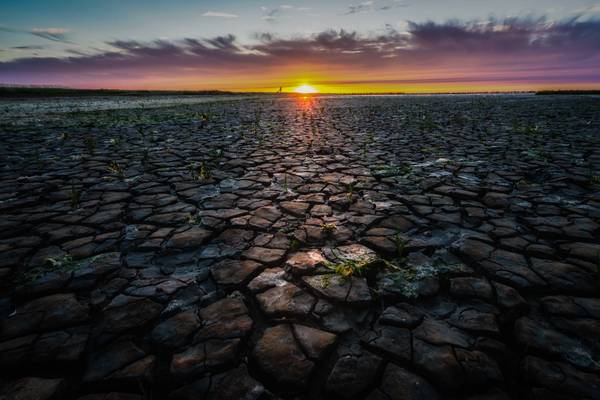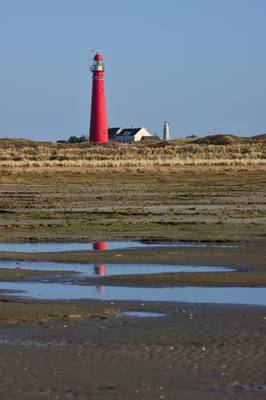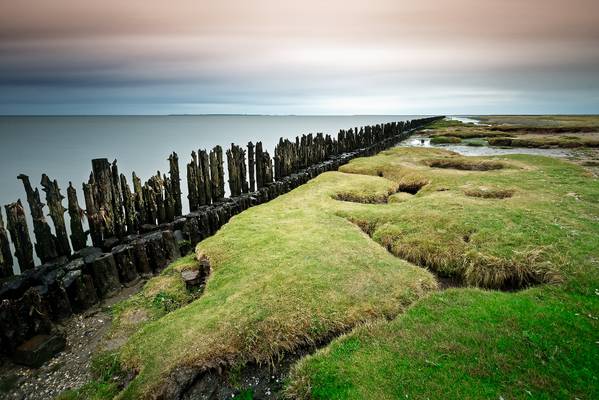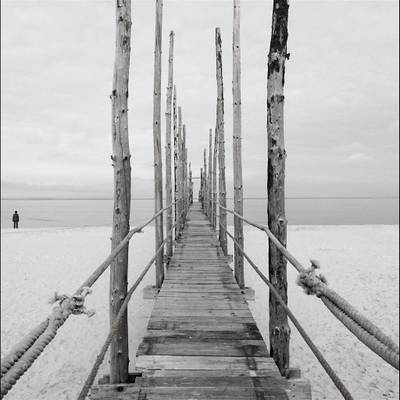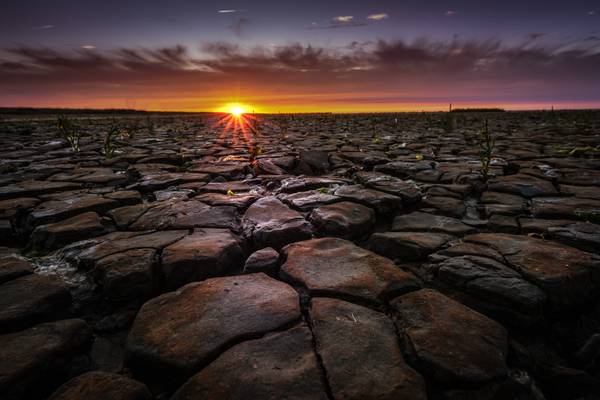
Wadden Sea

by Mario Calma
Moddergat I Netherlands
The extreme drought we currently experience in the Netherlands is really unusual. Even our coastline is 'reacting' causing these interesting dried mud patterns.
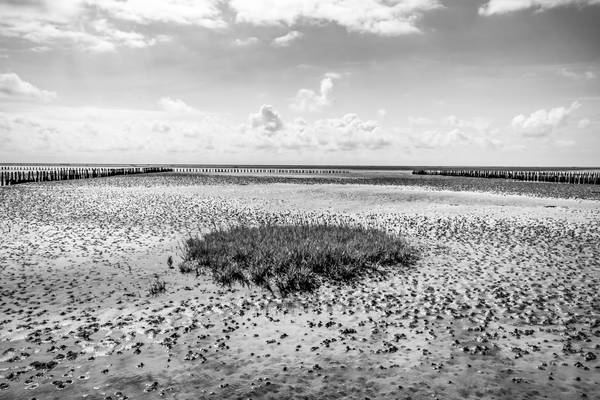
by Salvatore Petrantoni
Minimal landmark of Mandø (Denmark)
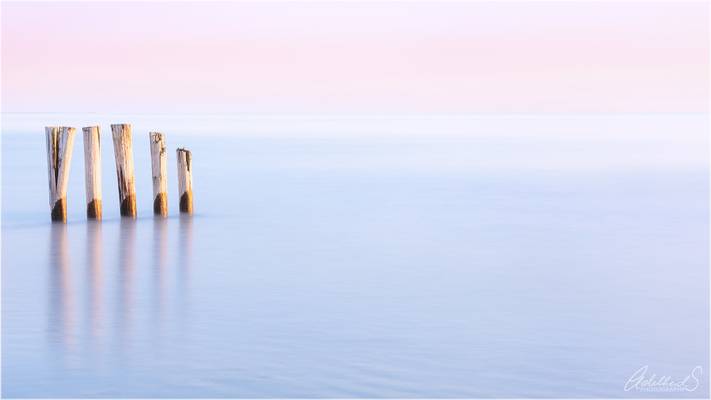
by Adelheid Smitt
A bit of minimalism on a beach on the island of Ameland, at sunset and high tide.
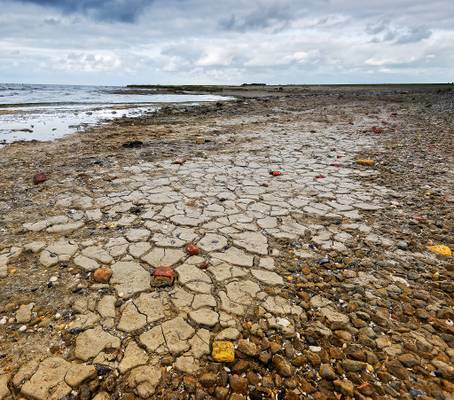
The beauty of nature lies not only on the water and its defenders in north Friesland but on the coast and its surface too. The sun shied away but the...
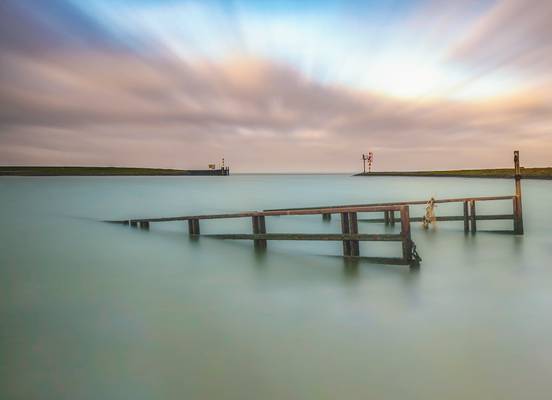
There is no coming and going on this cold and windy day at the northern port of Lauwersoog. A baby seal was having the entire bay for his playground....
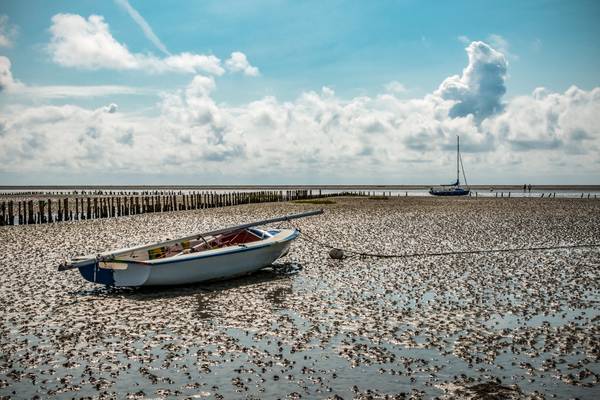
by Salvatore Petrantoni
Mandø is one of the Danish Wadden Sea islands off the southwest coast of Jutland, Denmark in the Wadden Sea, part of the North Sea. The island covers an area of 7.63 square kilometres (2.95 square miles) and had 40 inhabitants in January 2018.[1] The island is part of Esbjerg Municipality and is situated approximately 12 kilometres (7 miles) southwest of the ancient town of Ribe.
Mandø is barely accessible at high tide over an unpaved surface level causeway of about four kilometers in length that connects the island to the mainland. Extensive mudflats and tidal marshes encircle the island and provide breeding areas to multitudes of birds and other organisms.[2] In the past centuries a large earthen dike has been constructed around the perimeter of the island, although substantially set back from the shoreline. This artifice has allowed conventional farming in the form of grain growing and sheep grazing. Mandø is technically a hallig, although it is far from the ten German islands commonly described by that term. The name was formerly often spelled Manø.
Reference: en.wikipedia.org/wiki/Mand%C3%B8
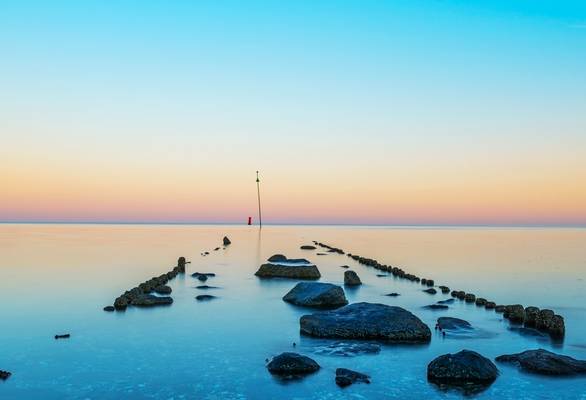
As the sun was rising, it painted the sky in amazing colors. Locals tell me the colors are like that every day. So much bliss in one place at the...
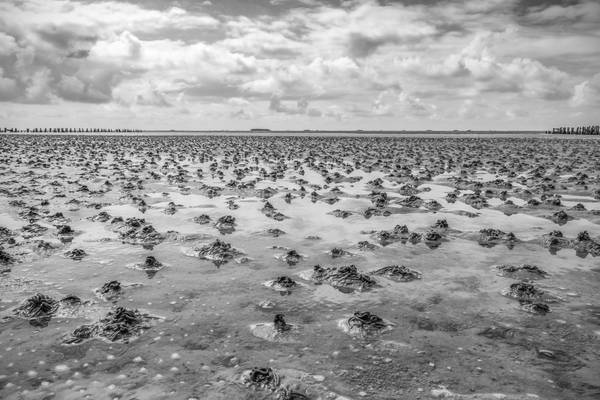
by Salvatore Petrantoni
Mandø is one of the Danish Wadden Sea islands off the southwest coast of Jutland, Denmark in the Wadden Sea, part of the North Sea. The island covers an area of 7.63 square kilometres (2.95 square miles) and had 40 inhabitants in January 2018.[1] The island is part of Esbjerg Municipality and is situated approximately 12 kilometres (7 miles) southwest of the ancient town of Ribe.
Mandø is barely accessible at high tide over an unpaved surface level causeway of about four kilometers in length that connects the island to the mainland. Extensive mudflats and tidal marshes encircle the island and provide breeding areas to multitudes of birds and other organisms.[2] In the past centuries a large earthen dike has been constructed around the perimeter of the island, although substantially set back from the shoreline. This artifice has allowed conventional farming in the form of grain growing and sheep grazing. Mandø is technically a hallig, although it is far from the ten German islands commonly described by that term. The name was formerly often spelled Manø.
Reference: en.wikipedia.org/wiki/Mand%C3%B8
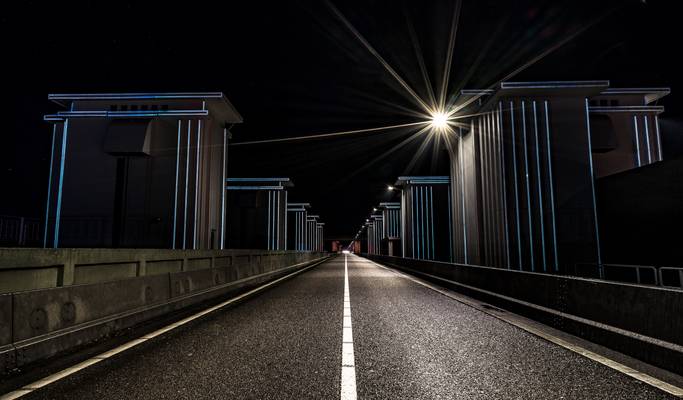
by Mario Calma
Den Oever I Netherlands
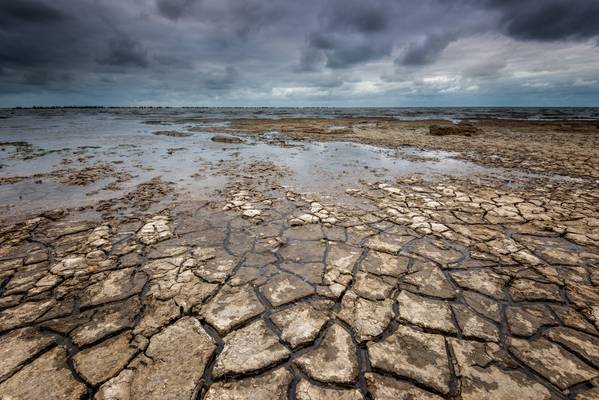
The beauty of nature lies not only on the water and its defenders in north Friesland but on the coast and its surface too. The sun shied away but the...
Thanks to all Phoide contributors to Wadden Sea!
Most notably Mario Calma, Salvatore Petrantoni and Adelheid Smitt.
